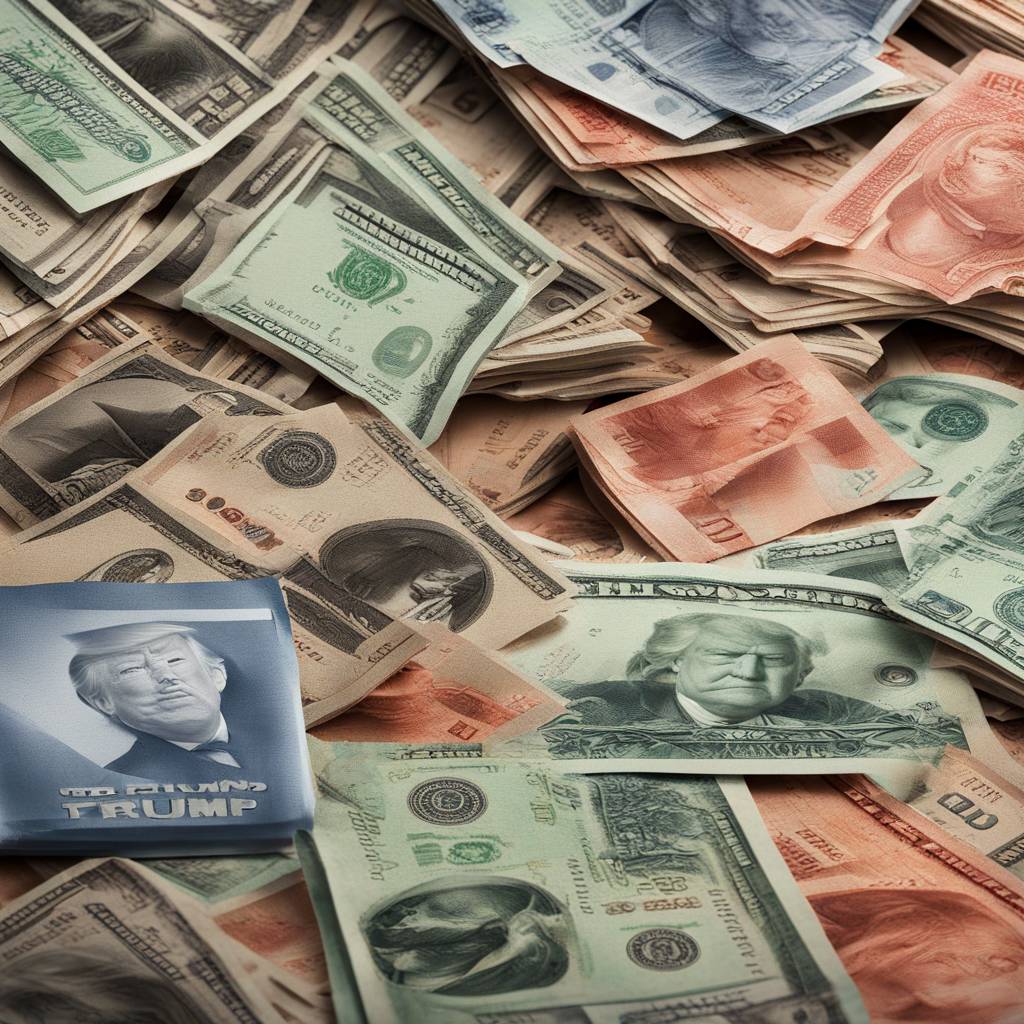Former President Donald Trump, known as “Tariff Man,” has proposed an aggressive trade strategy if re-elected, including a 10% tariff on imports, a 60% tariff on goods from China, and a 100% tariff on foreign cars. Many economists warn that these policies could lead to a new trade war, hurting the US economy by increasing inflation, decreasing jobs, slowing growth, and causing investors to pull back. The potential impact of these tariffs could even lead to a recession.
If Trump were to enact his proposed tariffs, it could cost the US economy 675,000 jobs, decrease GDP by 0.6 percentage points, and raise the unemployment rate by 0.4 percentage points. Inflation could also rise by 0.7 percentage points after the tariffs are implemented, according to projections. Additionally, Goldman Sachs predicts that higher tariffs would slow GDP growth and raise consumer prices, potentially leading to negative indirect effects such as financial tightening and increased trade policy uncertainty.
Although Trump has valid concerns about China’s trade practices, including intellectual property theft and unfair trade practices, his proposed tariffs may have damaging consequences for the US economy. Treasury Secretary Janet Yellen has also focused on China’s overcapacity issues. Meanwhile, Trump’s campaign spokesperson emphasized his previous economic successes and promised to implement a pro-growth agenda if re-elected. The Biden campaign, on the other hand, criticized Trump’s economic track record without directly addressing his trade plans.
The power to implement tariffs lies largely with the president, raising concerns about the potential impact of Trump’s trade agenda. The current economic landscape is different from when Trump first imposed tariffs, with inflation still high and interest rates needing to be carefully managed. Implementing new tariffs now could further escalate inflation and borrowing costs, potentially harming consumers and the economy at large.
Experts warn that new tariffs could destabilize financial markets and lead to retaliation from other countries, ultimately hurting US consumers and businesses. Trump’s claims that other nations are paying for US tariffs are inaccurate, as the costs are actually borne by US consumers and businesses. Even Biden’s administration has not reversed Trump’s tariffs on China and other products, highlighting the enduring influence of protectionist trade policies in US politics.
Overall, the potential consequences of Trump’s proposed tariffs could be significant, leading to job losses, economic slowdowns, and increased inflation. The political climate surrounding trade policies has made tariffs a bipartisan strategy despite their negative economic impacts. While tariffs may sound appealing on the surface, the reality is that they could have far-reaching and damaging effects on the US economy.


